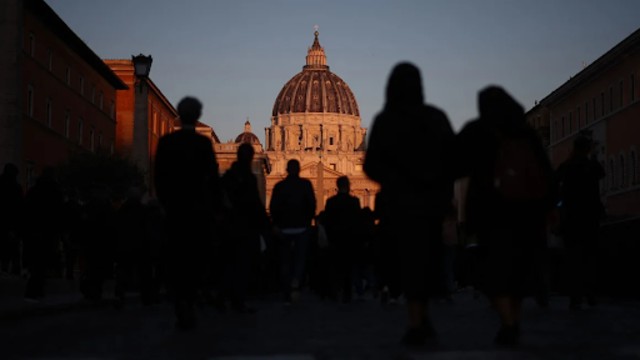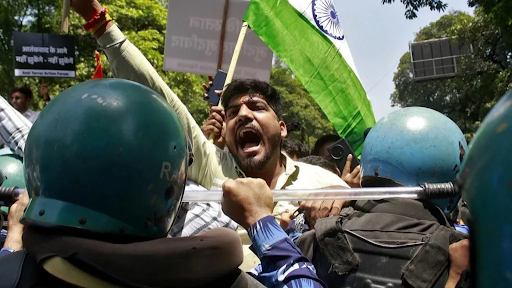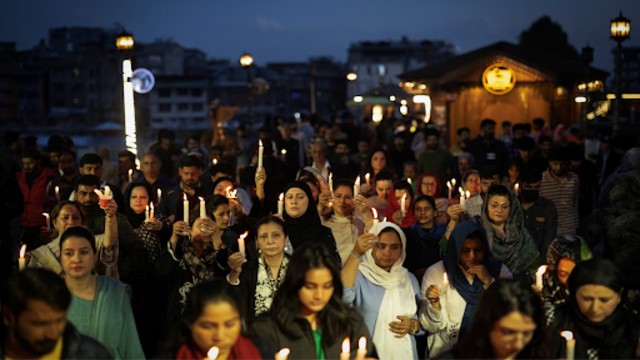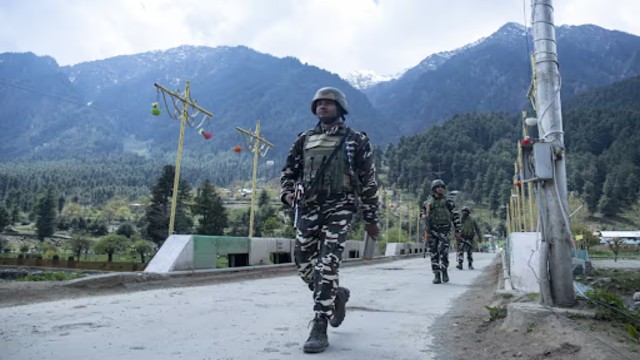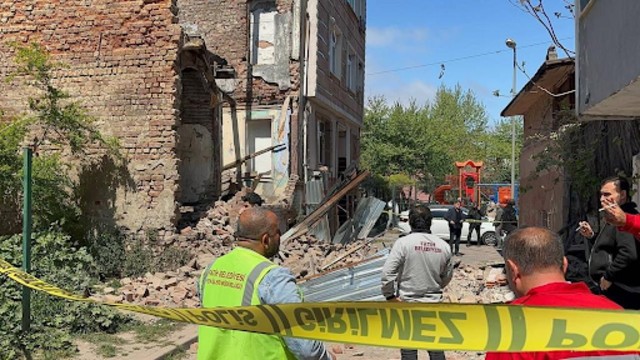
Thailand's Prime Minister Paetongtarn Shinawatra welcomed same-sex couples and LGBTQ+ community members at the Government House in Bangkok on January 15, 2025. Getty Images
Thailand has become the first country in Southeast Asia to officially recognize same-sex marriage, a monumental victory for LGBTQ+ rights in the region. On Thursday, hundreds of couples tied the knot across the nation, celebrating a historic moment that followed over a decade of relentless activism.
“This could be a model for the world,” said Kittinun Daramadhaj, president of Rainbow Sky Association of Thailand, emphasizing that true marriage equality has now been achieved. The groundbreaking legislation grants same-sex couples full legal rights, including financial, medical, inheritance, and adoption benefits.
Prime Minister Paetongtarn Shinawatra expressed her pride in the country’s progress, stating at a recent event that Thailand is “ready to embrace diversity and accept love in all its forms.” The government’s offices even hosted dozens of LGBTQ+ couples and activists to mark this historic occasion.
On Thursday, celebrations were held nationwide, from the coastal city of Pattaya to the mountainous regions of Chiang Mai. In Bangkok, around 200 couples participated in a mass wedding at a popular shopping mall. The venue was adorned with rainbow decorations, a colorful carpet, and a lively atmosphere of music, confetti, and traditional Thai beats.
The event attracted participants from various walks of life, including an elderly lesbian couple, a police officer in uniform, and many others who wore wedding suits, dresses, or rainbow-themed outfits. Celebrities and performers added to the festive spirit, as a screen proudly declared, “Marriage Equality.”
For individuals like Nina Chetniphat Chuadkhunthod, this moment represents a long-awaited dream. The transgender woman has been with her boyfriend for 22 years but was unable to marry due to legal restrictions. With the new law in place, the couple is now able to register their marriage. “It feels like my dream is finally coming true,” Nina said.
The couple, who have been raising a 7-year-old girl as their daughter, plans to adopt her and officially start their family. “I had tears flowing when I thought about our lives without this law,” Nina shared. “Now I can confidently say I can build my own family.”
The law also brings relief to couples like Ana Boncan and her Thai partner, Siri Wattanavikij. The pair now have the security of being legally recognized, which allows them to make crucial decisions for each other in emergencies.
Despite this progress, advocates stress that the fight for LGBTQ+ rights in Thailand is far from over. Transgender individuals, for example, still lack the ability to legally change their gender identity. Activist Hua Boonyapisomparn emphasized the need to continue pushing for these rights, urging the government to use the momentum of marriage equality to address gender recognition.
While Thailand has set a new standard for inclusivity, it remains one of only three Asian countries to recognize same-sex marriage, alongside Taiwan and Nepal. Advocates hope this landmark achievement inspires broader acceptance and legal changes across the region.


